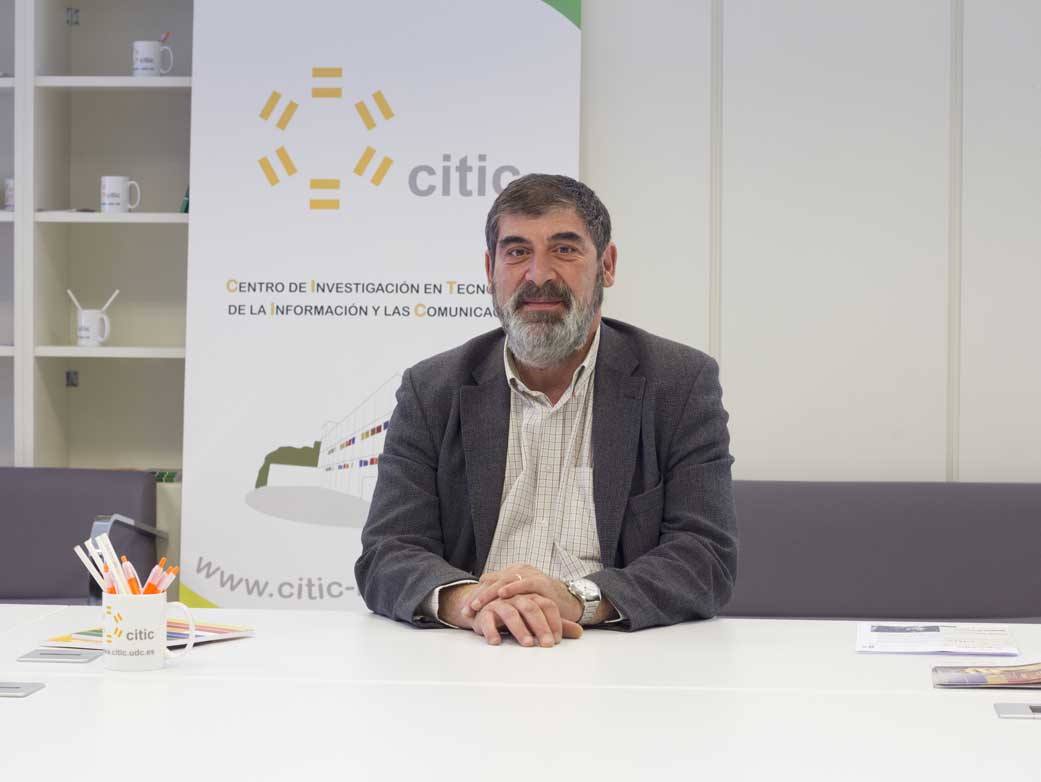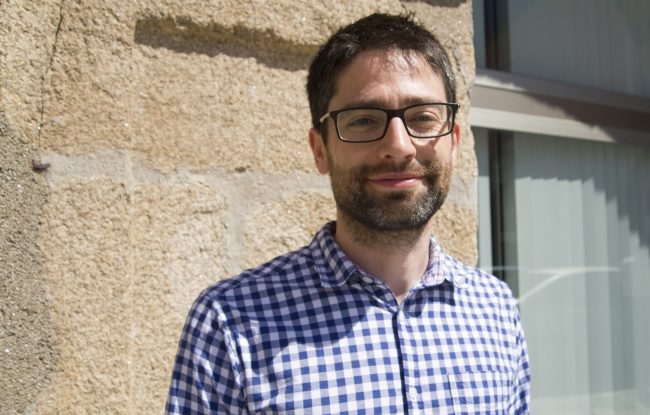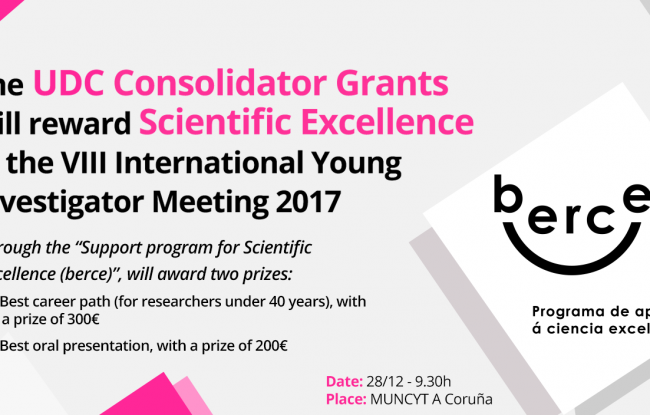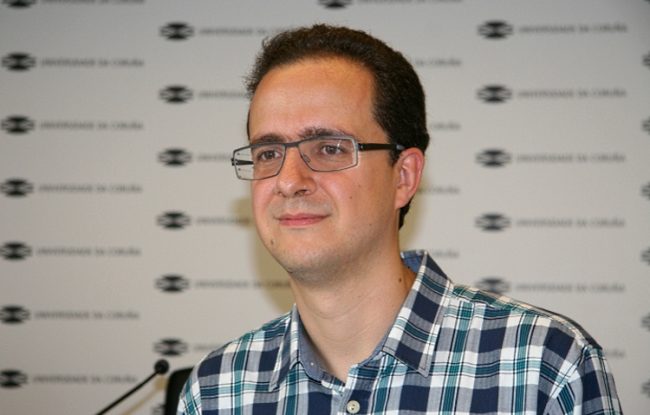The Research Center on Information and Communication Technologies (CITIC) is one of a number of research centres contained within the University of A Coruña. CITIC’s aim is to promote progress and excellence in research, development and innovation in Information and Communications Technologies (ICT) and encourage the transfer of knowledge and results to society.
We contacted Manuel F. González Penedo, CITIC Coordinator, to hear about this powerful research centre and why researchers should consider it as an option when looking for a place to develop their scientific careers.
Asked about which five capabilities of CITIC he would highlight as being most attractive for researchers, Manuel F. González was in no doubt as to what they are:
1. “Being a Technological Centre within the University of Coruña makes us a meeting point between businesses and the University in which R&D departments from businesses in the ICT sector mix with specialized researchers from the University”
2. “The promotion of technology and knowledge transfer, which has led us to participate in more than 100 technology transfer projects already”
3. “The vast experience in R&D calls both nationally and internationally, and projects carried out in direct collaboration with the business sector”
4. “Our R&D activity applied to ICT, which is carried out in Functional Sectors – Smart Environments and Social Challenges – and upon which our three Technological Areas are pivoted: Data and information science; Perception, cognition and iteration; Computer, sensory and Communications Arquitecture”. He points out that “this structure has been defined in this way to align ourselves with the R&D policies on a European, national and regional scale, and also with Galicia’s Intelligent Specialisation Strategy (RIS3)”
5. “CITIC aspires to participate in projects with high levels of specialisation and interest”. Leading on, Manuel F. González states that “we like challenges and we believe it to be the best way to contribute to increased competitiveness in our business sector”
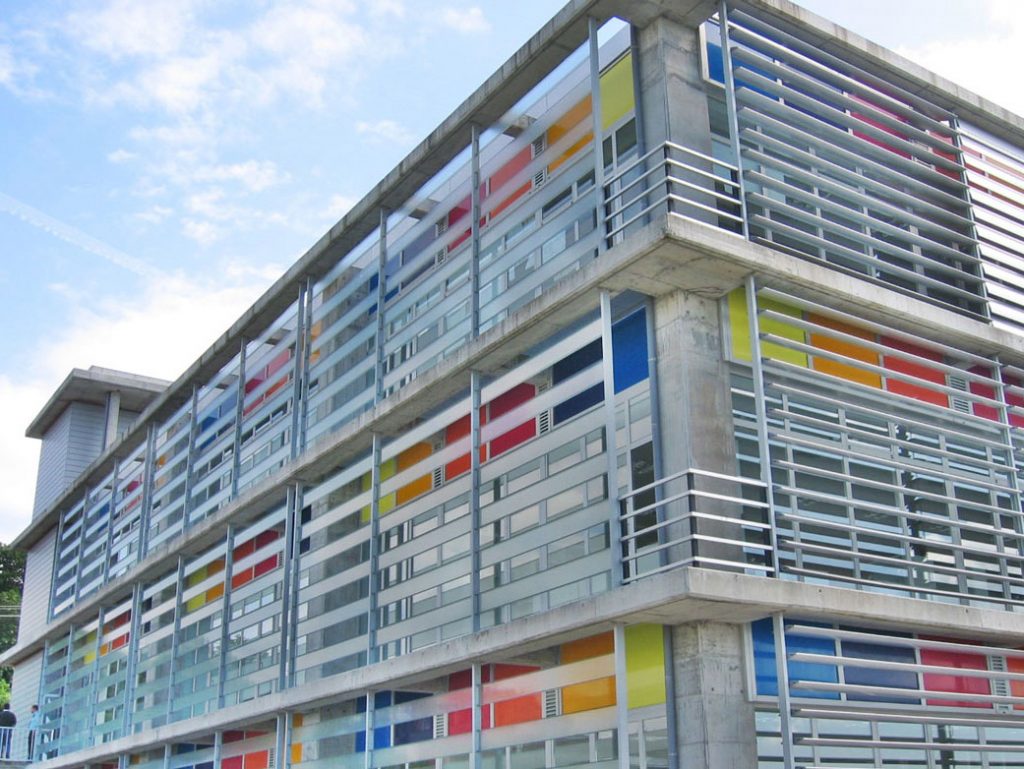
According to Manuel F. González, it is precisely the structuring of the Functional Sectors and Technological Areas Centre which allows them to “create multidisciplinary and adhoc teams which are incorporated into each R&D project, selecting the best specialists in their discipline and technology”
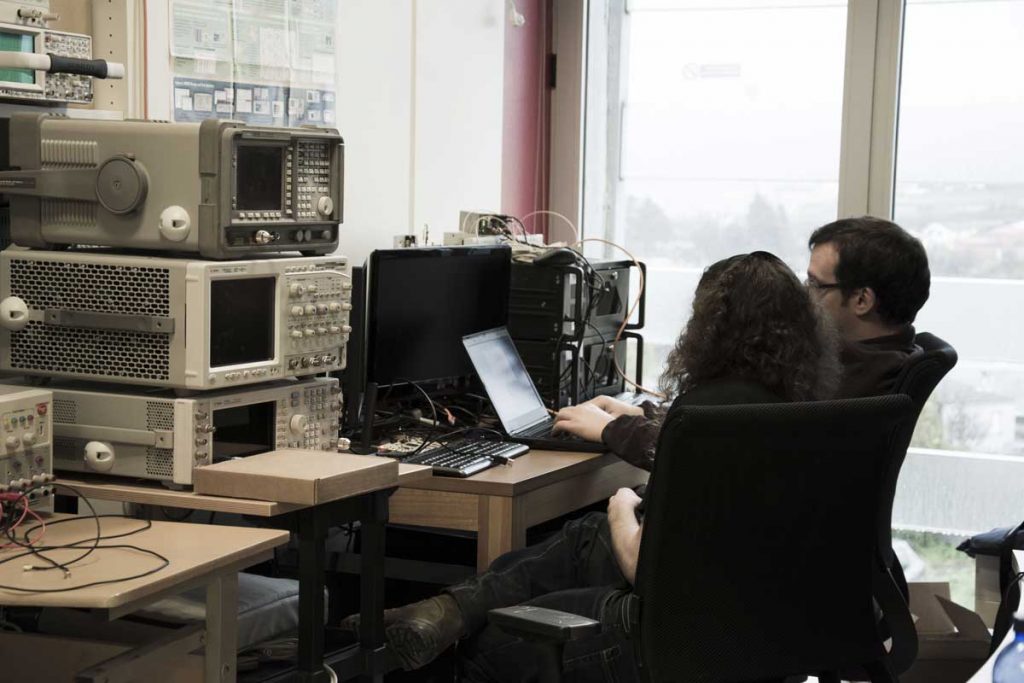
With regard to CITIC’s lines of action for the acquisition of funding, internationalisation is one of the main axes set out in the strategic plan for 2015-2020. They actively participate in calls both inside and outside the country, for example Interreg Europe (which offers help to local and regional governments all over Europe to develop and provide better policies to citizens), POCTEP (Programme for Transborder Cooperation between Portugal and Spain) or Horizon 2020 (funding programme for research and innovation in the European Union for the period 2014-2020).
The multidisciplinary nature of CITIC means that the centre participates in projects with diverse themes and from different sectors, industrial sectors, fishing, health, transport and communication, tourist sector, environmental sector, etc. In the words of Manuel F. González, “the cross-cutting nature of ICTs means that innovation thrives on every level”.
CITIC offers researchers its relationship with the business sector. Through this relationship they can participate in highly-specialised projects and with not only regional or national companies but also multinationals (from all sectors).
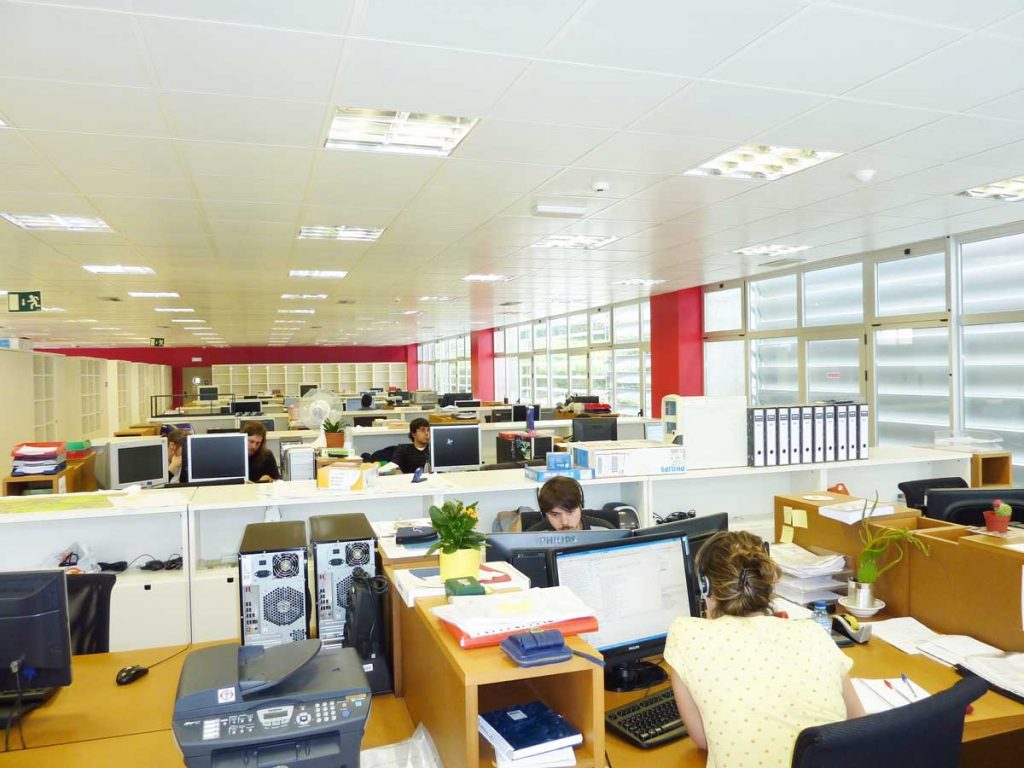
In addition, CITIC offers the business sector 3 relevants answers to its needs:
1. Technological Development: CITIC has the necessary R&D capacity to answer many of the technological challenges faced by companies, and most importantly, they can give guidance about technological solutions which improve the services they offer. “We can be the R&D department for businesses”
2. Innovation: CITIC can propose new technological solutions to businesses which improve the services and solutions they offer with the aim of making them more competitive.
3. Give advice in the search for funding: CITIC gives advice to businesses about the different funding mechanisms for R&D in existence.
Technology transfer is a main theme in CITIC, something which can be seen with the creation of three spin-offs in the last 4 years:
- Torusware: A business offering software solutions to reduce times and maximize business results through high performance computing.
- Appentra: Dedicated to offering high quality software tools allowing extensive use in high performance computing techniques (HPC) in all areas of application for engineering, science and industry.
- Syntheractive: Their business activity is based on a distribution system capable of generating synthetic video and coding it in real time, making use of the calculus power of graphic processors (GPU), to serve as an infrastructure for the definition of mass interactive services for digital television.
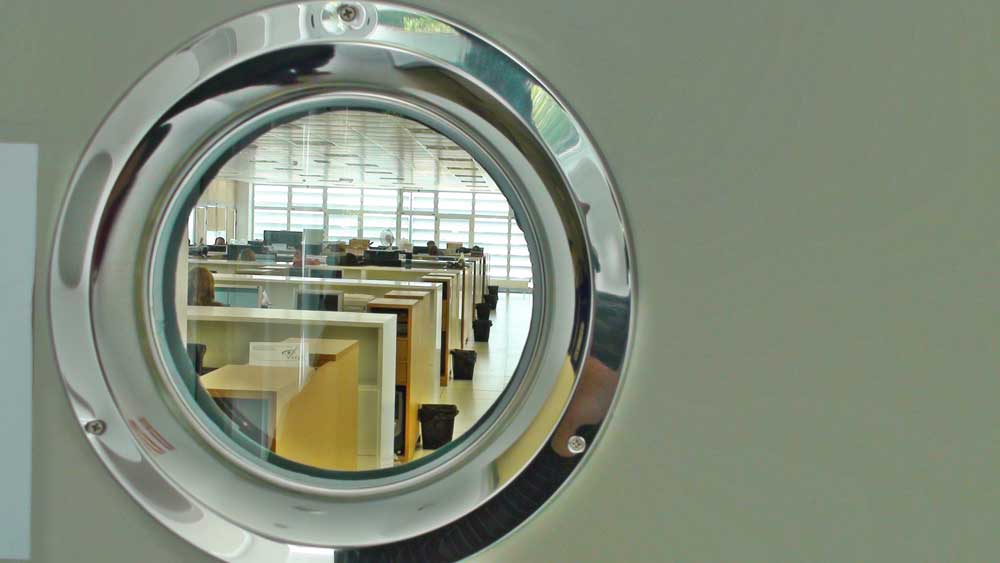
Its importance is such that both technology transfer and strengthening of the Centre’s relationship with the production sector is another key axis in the 2015-2020 strategic plan. Following this line, Manuel F. González points out that they are not content to just provide knowledge and transfer and they position themselves as “a key business partner to help in the formation of business consortiums, in which other universities and research centres can also participate”. He goes on to add: “We provide highly-specialised know-how and R&D to businesses, which allows them to become more competitive”.


